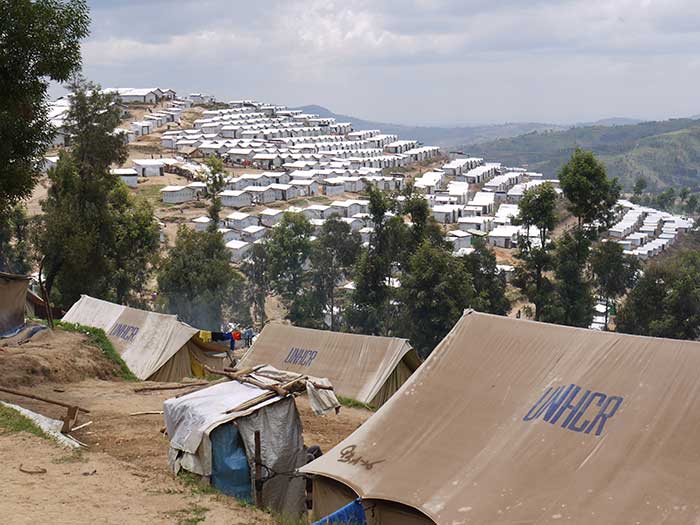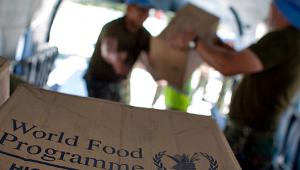web_oxfam_8097455453_5575c77457_o.jpg

A refugee camp. Credit: Oxfam
The World Refugee Council, a group of experts and political leaders formed this year, called on other nations to help countries cope with 1.8 million people that have fled conflict, insecurity and poverty in the world’s youngest nation.
As of the end of May, around half of these – 930,000 people – had crossed the border into Uganda. A total of 1.2 million refugees are currently living in Uganda, making it the continent’s largest refugee-hosting nation.
The South Sudanese refugee crisis, which also affects Sudan, Ethiopia and other neighbouring countries, is the third largest in the world, but receives far less funding and attention.
Both the Ugandan government and the United Nations refugee agency (UNHCR) have warned that a chronic lack of funds is severely restricting Uganda’s response – one of the most progressive on the continent.
In March, the country’s prime minister Ruhakana Rugunda said: “This unprecedented mass influx is placing enormous strain on our public services and local infrastructure.
“We continue to welcome our neighbours at this critical time of need but we urgently need the international community to assist as the situation is becoming increasingly critical.”
In May, just over 2,000 South Sudanese refugees were entering Uganda on average every day. Some days would see significantly more, with the figure peaking at 6,000 in March.
The UNHCR’s $883.5m appeal for South Sudanese refugees across the region was just 16% funded as of April.
Uganda’s approach to refugee protection, which sees refugees provided with small areas of land in integrated settlements, allowed access to job markets and included in national development plans, is in jeopardy, aid organisations have warned.
Even the most basic responses are struggling. Reception centres are overwhelmed and significant challenges have arisen with regards to providing adequate food, health, education and clean water.
Next week, the UNHCR, the UN and the government of Uganda are hosting a summit to encourage other nations to honour commitments to ensure proper aid to refugees made last year.
The council called for “greater international support and responsibility sharing” ahead of the event.













